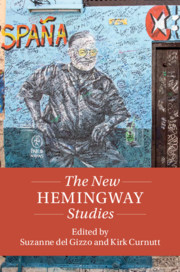James Walvin has called the Zong case stemming from a 1781 incident in which the crew of an English slave ship willfully “destroyed” more than one-third of the “cargo” (i.e., slaves) aboard the vessel “[t]he most grotesquely bizarre of all slave cases heard in an English court.” While the judges locked themselves within the discourse of maritime law in evaluating the case’s merits, M. NourbeSe Philip unlocks the legal language in Zong! (2008), which limits itself to the words included in the official narrative but contrastingly uses experimental poetry to suggest a poignant counter-narrative. My article concentrates on the complex interplay between Zong! and its source, the appellate record in the Zong case; by comparing and contrasting the rhetorical and generic conventions in the two texts, I reveal how Philip’s poetry cycle testifies that language’s complicity with violence is an association elided at our peril.
